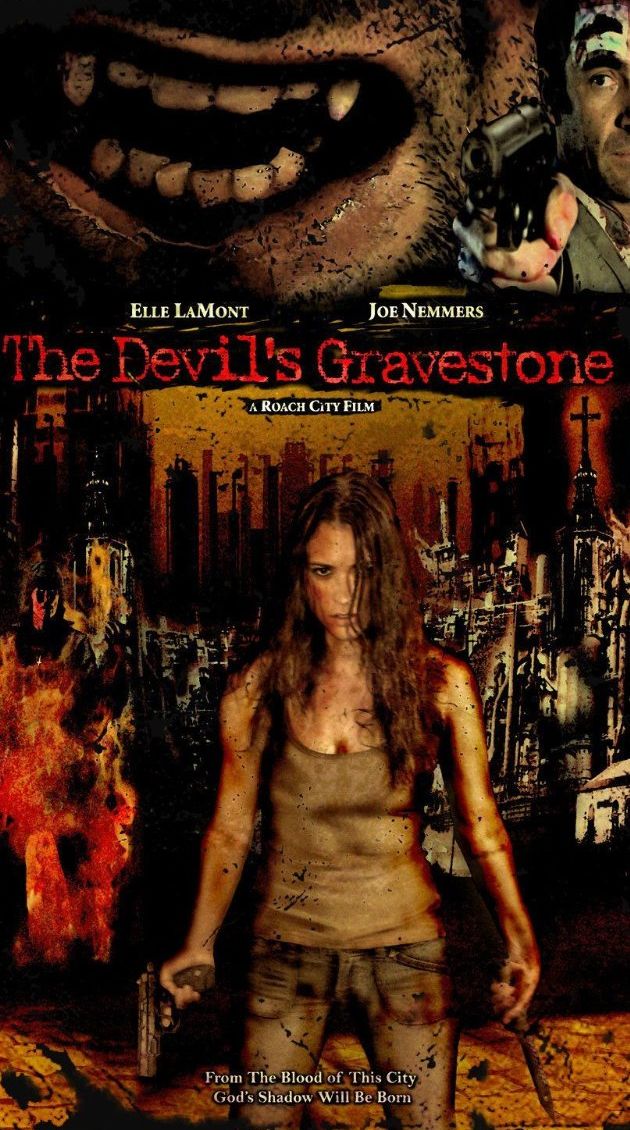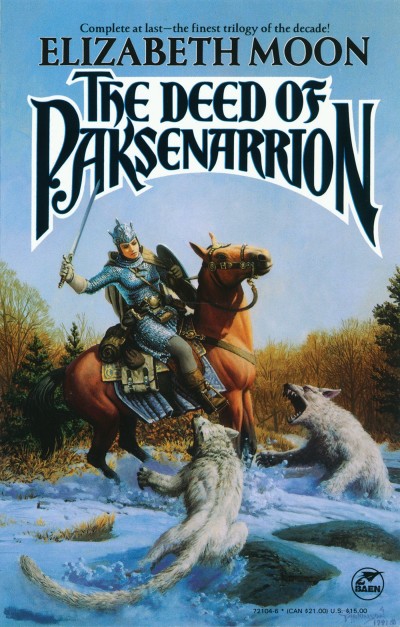 This is an omnibus volume containing an entire trilogy of novels: Sheepfarmers Daughter (1988), Divided Allegiance (1988), and Oath of Gold (1989). Together, they tell the story of Paksenarrion Dorthansdotter, a young woman in a fantasy world who, as a tall, strapping farm girl of eighteen years, runs away from home to escape an unwanted forced marriage, and joins a company of mercenary soldiers.
This is an omnibus volume containing an entire trilogy of novels: Sheepfarmers Daughter (1988), Divided Allegiance (1988), and Oath of Gold (1989). Together, they tell the story of Paksenarrion Dorthansdotter, a young woman in a fantasy world who, as a tall, strapping farm girl of eighteen years, runs away from home to escape an unwanted forced marriage, and joins a company of mercenary soldiers.
Moon’s literary vision here has both strengths and weaknesses (which are sometimes the converse of each other). Her world-building is very detailed; it brooks comparison with Tolkien’s or, at least, Paolini’s on that score. (I appreciate a fictional world where women can occupy positions of power, and can train and serve as soldiers in full equality with men.) She also brings a high level of realism to the fantasy genre; as a Marine veteran, she knows a great deal about what the experience of initiation and training into a military unit is like. Indeed, other than the fact that Paks trains with a sword rather than a rifle, her life as a recruit is probably much like that of real-life modern “grunts” going through boot camp; and Moon recounts it in great detail.
The realistic note continues through the trilogy. Though magic operates in this world, and magical species like elves, dwarves and orcs exist, this element doesn’t appear much in the first book. (It will come much more to the fore in the later ones.) Realistically as well, Moon is willing to suddenly kill off characters, including characters you’ll have come to like and care about — exactly the way that real-life humans may die suddenly in combat situations, whether everybody likes and cares about them or not. Characterizations here are, not surprisingly, very realistic and vivid, and this is true of many secondary and minor characters too.
Some fantasy fans may want a higher level of magical content in their reads than the first book offers, and find it too much on the “mundane” side, though I don’t have a problem with this myself. Some readers won’t be happy to have characters they like, and expect to play more prominent roles, killed off. A bigger problem, though, is pacing. Usually, I have a pretty high tolerance for a slow narrative pace. Even so, I found this one glacially slow. Moon takes us through every aspect of “boot camp” life, every stage of every journey, every part of a siege, etc. You learn a lot about the world and the characters this way, but some scenes don’t add anything along that line. There are exciting, action-filled scenes, too; but many readers would find this narrative draggy in quite a few places. But the pace picks up somewhat in the later books (or perhaps we just get more used to it). And while characters who model responsible sexual behavior are refreshing, Paks’ total disinterest in sex seems at odds with the author’s usual realism. However, that trait will fit in with the future the author has in mind for her heroine.
Paks’ character grows considerably over the course of the trilogy. At the beginning, she’s a good-natured but simple young girl, who’s likeable enough as a person, and who does have a moral code; but she doesn’t think about the ethics of taking human life on the battlefield in wars over things like trade or border disputes, where her company happens to be on whichever side hired them first. To her, that’s just what mercenary soldiers do; it’s simply a morally neutral job that she likes and is pretty good at –though, to her credit, it’s important to her that she’s part of an “honorable company” that doesn’t murder noncombatants or rob innocent peasants.
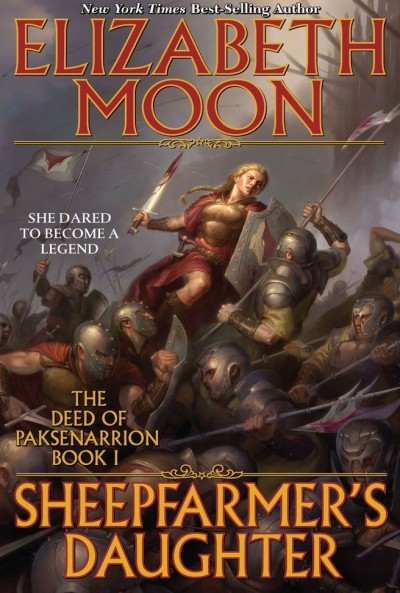 But the first book ends with a crisis of genuine moral decision, in the tradition of serious fiction that aspires to do more than just entertain; and our heroine’s ethical sensibilities are in for real growth and development in the succeeding books. And this comes about as believable personal maturation of who she’s always essentially been, not as an artificial change tacked on by the author. This is one of the great strengths of the trilogy. (For fans who don’t like the military-centric type of fantasy, Paks is taken out of the mercenary company context fairly soon in the second book.)
But the first book ends with a crisis of genuine moral decision, in the tradition of serious fiction that aspires to do more than just entertain; and our heroine’s ethical sensibilities are in for real growth and development in the succeeding books. And this comes about as believable personal maturation of who she’s always essentially been, not as an artificial change tacked on by the author. This is one of the great strengths of the trilogy. (For fans who don’t like the military-centric type of fantasy, Paks is taken out of the mercenary company context fairly soon in the second book.)
While the first novel introduces us to the seemingly polytheistic religions and cults of Moon’s fantasy world, the later volumes take us behind the scenes to see more of a unifying pattern in apparent diversity. The human cultures of Pak’s world recognize a righteous Creator, the High Lord; and it’s explicitly suggested that the elven and dwarven concepts of the Creator are the same God, just with a different name and different stressed aspects. Other, lesser “gods” are spiritual entities that either serve the Creator, or in the case of the evil ones (and some are radically evil) oppose him, much like Satan opposes God; while human saints like Gird and Falk are separately venerated by distinct groups of followers, but each are recognized as servants of the common High Lord. In other words, religion in that world is much more monotheistic in essence than it initially appears; and it’s a strongly moral monotheism. (And as in our world, believers have to struggle with challenges to faith and problems of theodicy.) These religious themes play a key part in the last two novels.
There’s plenty of sword-fighting and other action here, quests and intrigue, magical perils, hidden identity, and a plot that’s suspenseful right up almost to the last page. But it’s also a work of rare psychological and spiritual depth, with the kind of serious dimension that marks it as truly great fiction, fiction of lasting literary significance, not just entertainment value. It’s also fiction that will break your heart in places, because there are points where Paks practically goes through hell –and some scenes here are not for the squeamish. But light is only recognizable against darkness; and out of great darkness here comes great light. One of the most powerful scenes in English-language literature that I’ve ever read in a lifetime of reading occurs here (you’ll know it when you read it). It’s a real shame that this trilogy isn’t more widely known by fantasy fans; but more than that, it’s a shame that it’s not recognized as one of the crown jewels of the American literary canon from the late 20th century. I’d like to hope that someday it will be!
Author: Elizabeth Moon
Publisher: Baen Books. Available through Amazon, both for Kindle and as a printed book.
A version of this review previously appeared on Goodreads.
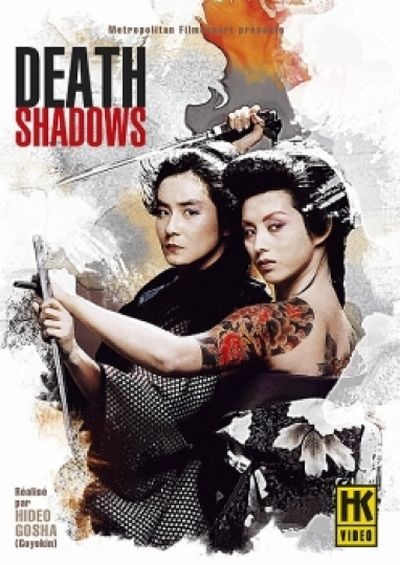 While made in 1986, you’ll frequently find yourself thinking this could be from a decade or two earlier, though to be honest, the style in this samurai-revenge-crime-whatever film is as all over the place as the plot. Some of that works well. Having the heroine’s sword turn into a ribbon, which she then twirls artistically, is more successful than it sounds. However, the multiple breaks for little disco-dance sequences, involving dry ice and flashing lights… Not so much. The set-up is great. Three condemned men are recruited, Nikita-style, to become shadow agents, working for the government. One of them manages to have a wife and a daughter, but has to leave them for their own safety.
While made in 1986, you’ll frequently find yourself thinking this could be from a decade or two earlier, though to be honest, the style in this samurai-revenge-crime-whatever film is as all over the place as the plot. Some of that works well. Having the heroine’s sword turn into a ribbon, which she then twirls artistically, is more successful than it sounds. However, the multiple breaks for little disco-dance sequences, involving dry ice and flashing lights… Not so much. The set-up is great. Three condemned men are recruited, Nikita-style, to become shadow agents, working for the government. One of them manages to have a wife and a daughter, but has to leave them for their own safety.




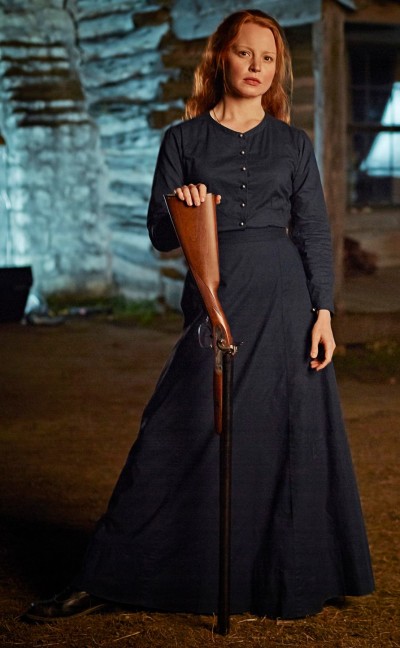
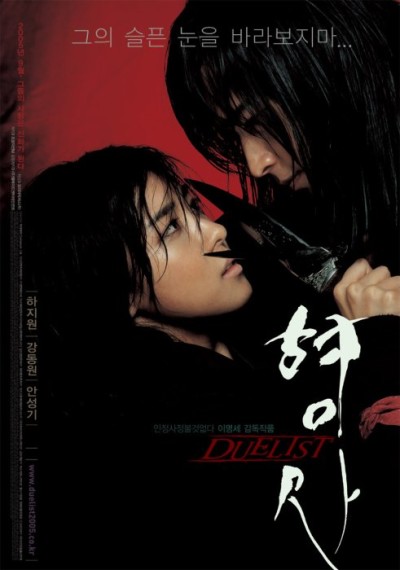
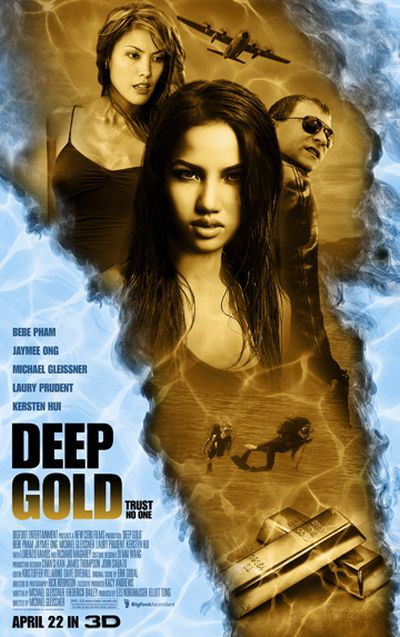



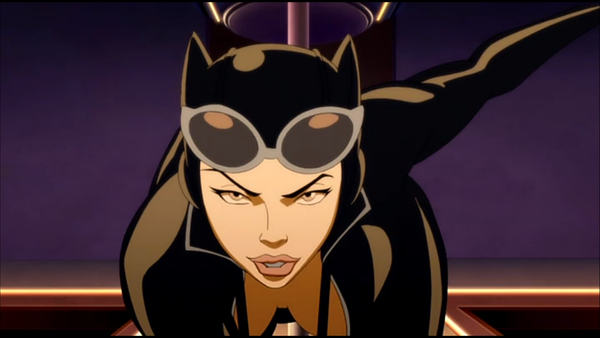 The character of Catwoman has had a mixed history over the years in other media than the printed page. TV has had the Julie Newmar & Eartha Kitt versions, a nod in Birds of Prey, and a teenage version of the character can be seen in the Gotham series which premiered last month. In film, we had Lee Meriwether in the sixties incarnation then, perhaps most famously of all, Michelle Pfeiffer in Batman Returns [albeit only after Annette Bening, Nicole Kidman and Demi Moore all were linked to the part]. Then, there was Halle Berry’s Catwoman, still talked about in hushed tones as perhaps the worst comic-book adaptation of all time, and which arguably did more damage to action heroines than any other big-budget movie in history. Despite the massive success of the Batman reboot, it took eight years before the character would appear in another film, Anne Hathaway playing Selina Kyle in The Dark Knight Rises.
The character of Catwoman has had a mixed history over the years in other media than the printed page. TV has had the Julie Newmar & Eartha Kitt versions, a nod in Birds of Prey, and a teenage version of the character can be seen in the Gotham series which premiered last month. In film, we had Lee Meriwether in the sixties incarnation then, perhaps most famously of all, Michelle Pfeiffer in Batman Returns [albeit only after Annette Bening, Nicole Kidman and Demi Moore all were linked to the part]. Then, there was Halle Berry’s Catwoman, still talked about in hushed tones as perhaps the worst comic-book adaptation of all time, and which arguably did more damage to action heroines than any other big-budget movie in history. Despite the massive success of the Batman reboot, it took eight years before the character would appear in another film, Anne Hathaway playing Selina Kyle in The Dark Knight Rises.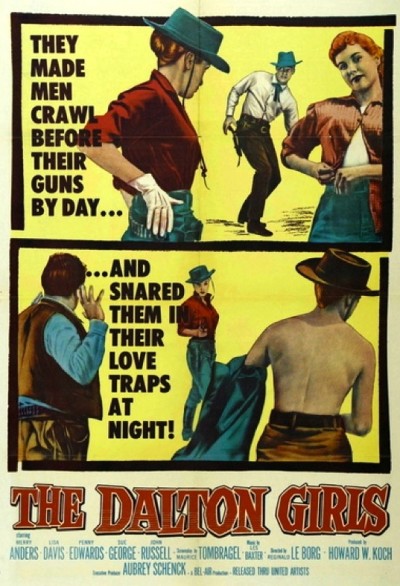

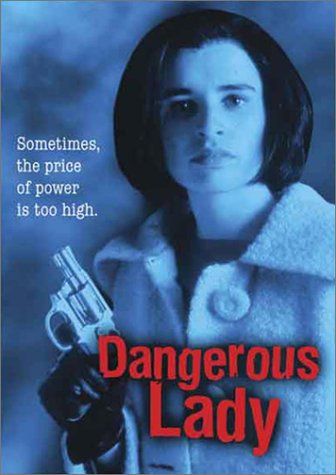 Based on the debut novel by British crime writer Martina Cole, this depicts the life of Maura Ryan (Lynch), the only daughter in her family, whose brothers are making a push for increased power in the underworld of 1960’s London, much to the disapproval of the Ryan’s matriarch (Hancock). Leading the push is Michael (Isaacs), who has more than a touch of Ronnie Kray about him, being both homosexual and a borderline psychotic. Maura falls in love with Terry Patterson (Teale), and is shocked to discover he’s a policeman. When he comes under pressure from colleagues to use their relationship, he ends it – unaware that Maura has just become pregnant. She is forced to have an abortion, which leaves her insides looking like they’ve been weed-whacked, and vows she’s going to show him, by becoming every bit the gangster peer of her brothers. But the path to the top is littered with dead bodies, of foes, friends and family.
Based on the debut novel by British crime writer Martina Cole, this depicts the life of Maura Ryan (Lynch), the only daughter in her family, whose brothers are making a push for increased power in the underworld of 1960’s London, much to the disapproval of the Ryan’s matriarch (Hancock). Leading the push is Michael (Isaacs), who has more than a touch of Ronnie Kray about him, being both homosexual and a borderline psychotic. Maura falls in love with Terry Patterson (Teale), and is shocked to discover he’s a policeman. When he comes under pressure from colleagues to use their relationship, he ends it – unaware that Maura has just become pregnant. She is forced to have an abortion, which leaves her insides looking like they’ve been weed-whacked, and vows she’s going to show him, by becoming every bit the gangster peer of her brothers. But the path to the top is littered with dead bodies, of foes, friends and family.